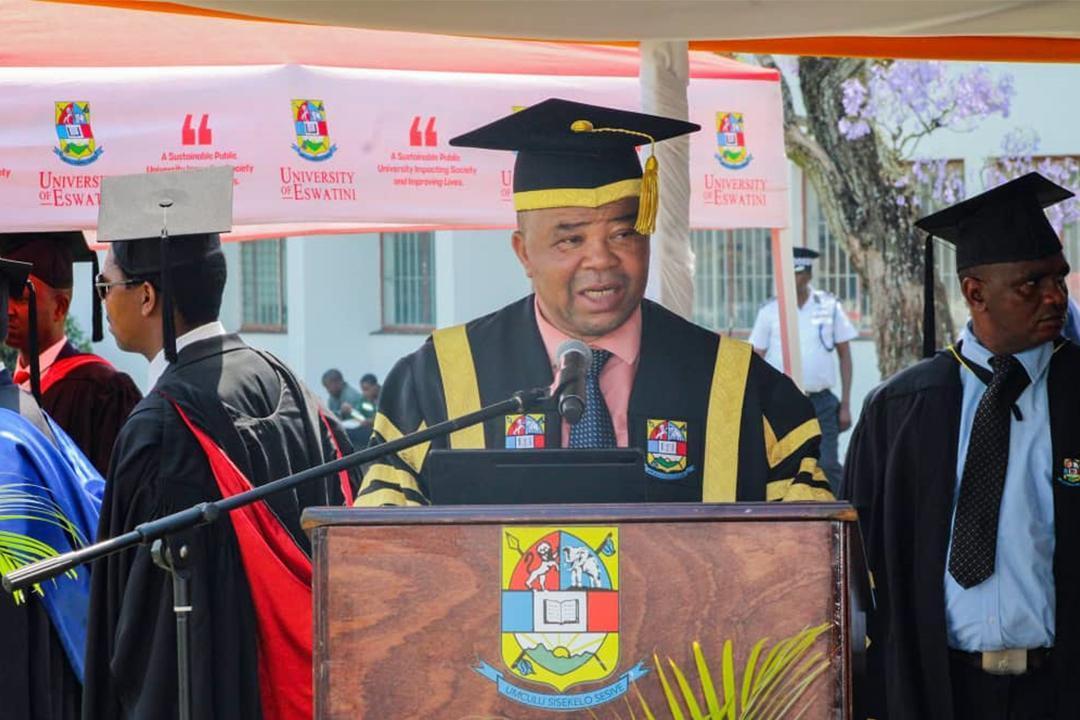Africa-Press – Eswatini. The 43rd UNESWA graduation ceremony was not only a celebration of academic achievements but also an honest reflection of the institution’s financial realities.
Vice Chancellor Professor Justice Thwala revealed that while UNESWA’s budget allocation increased by 7%, from E456 million in 2024 to E486 million in 2025, the university continues to wrestle with liquidity challenges.
Government support has been critical, including the relief of a E1.3 billion Pay-As-You-Earn debt and investment in infrastructure such as the E5 million water reticulation revamp and a Patrice Motsepe Foundation donation of E10 million, which funded new lecture facilities accommodating 600 students. Yet, Thwala noted that UNESWA still struggles to meet obligations such as pension fund contributions, staff medical aid, and payments to service providers.
To counter this, the university has embarked on cost-containment measures, including outsourcing units, revising leave policies, and transitioning pension schemes. Additionally, UNESWA is diversifying revenue streams through short courses in online teaching, childminding, psychosocial support, and artificial intelligence.
Despite the hurdles, Thwala emphasized optimism: “These initiatives, alongside negotiations to normalize tuition fees for government-sponsored students, will significantly improve our financial standing.”
Beyond finances, Thwala praised government for its continued prioritization of education, noting it remains the highest-funded sector nationally. The Vice Chancellor assured graduates and stakeholders that the university’s resolve to balance sustainability with academic excellence remains steadfast.
“UNESWA stands as a beacon of resilience. Despite fiscal storms, we are committed to producing quality graduates and sustaining our role as a pillar of Eswatini’s national development,” he affirmed.
For More News And Analysis About Eswatini Follow Africa-Press







